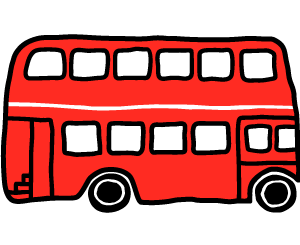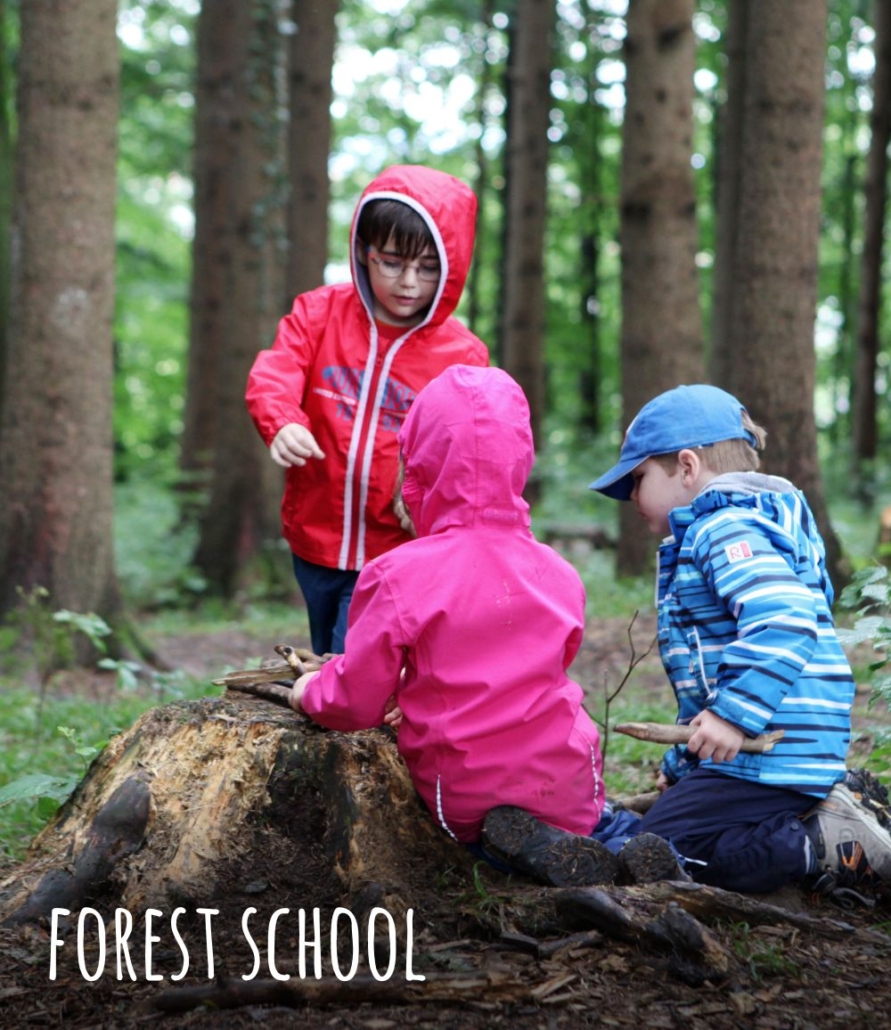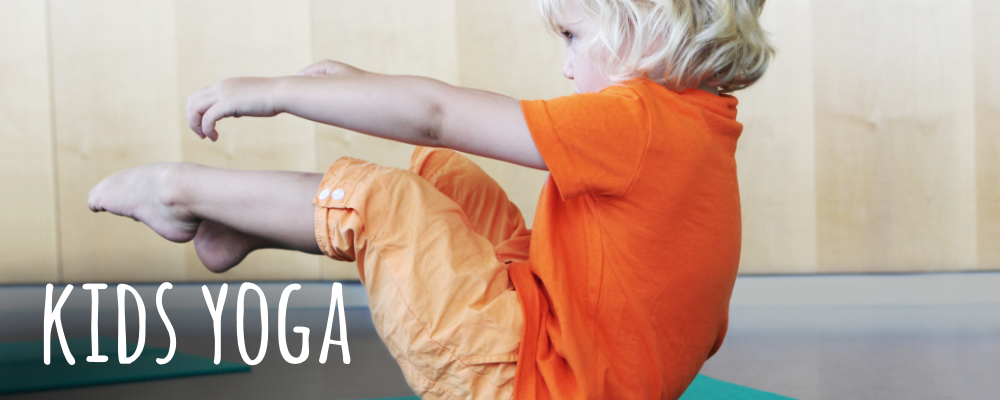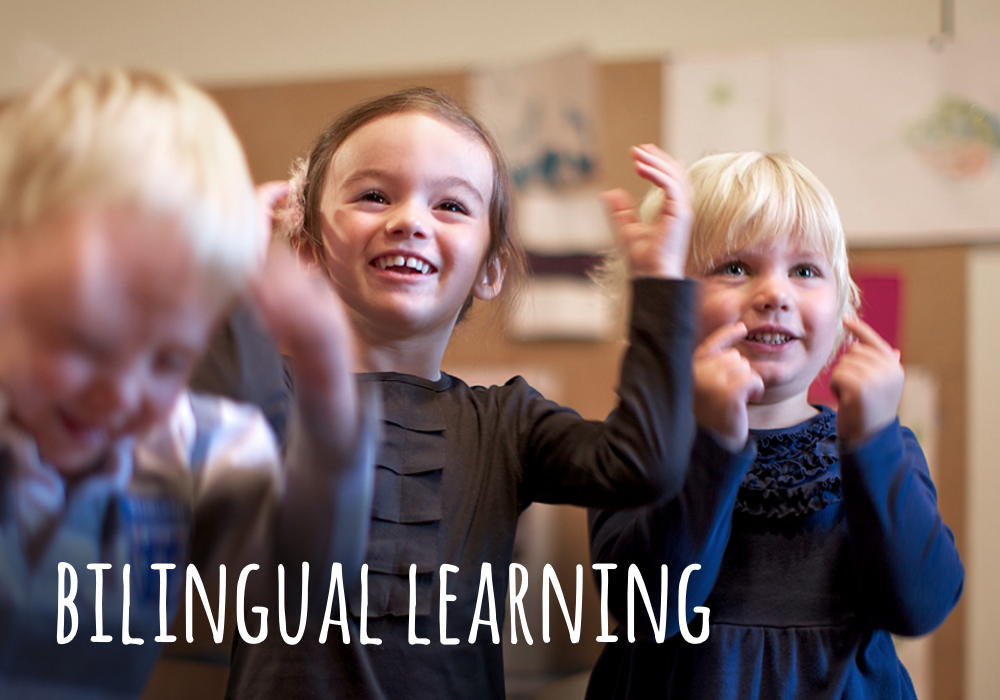The health of the children, the parents, the whole family and of course the teachers is very important to us. Therefore, we always follow the current recommendations and guidelines of the BAG (Federal Office of Public Health) and Kibe Swiss (Verband Kinderbetreuung Schweiz).







